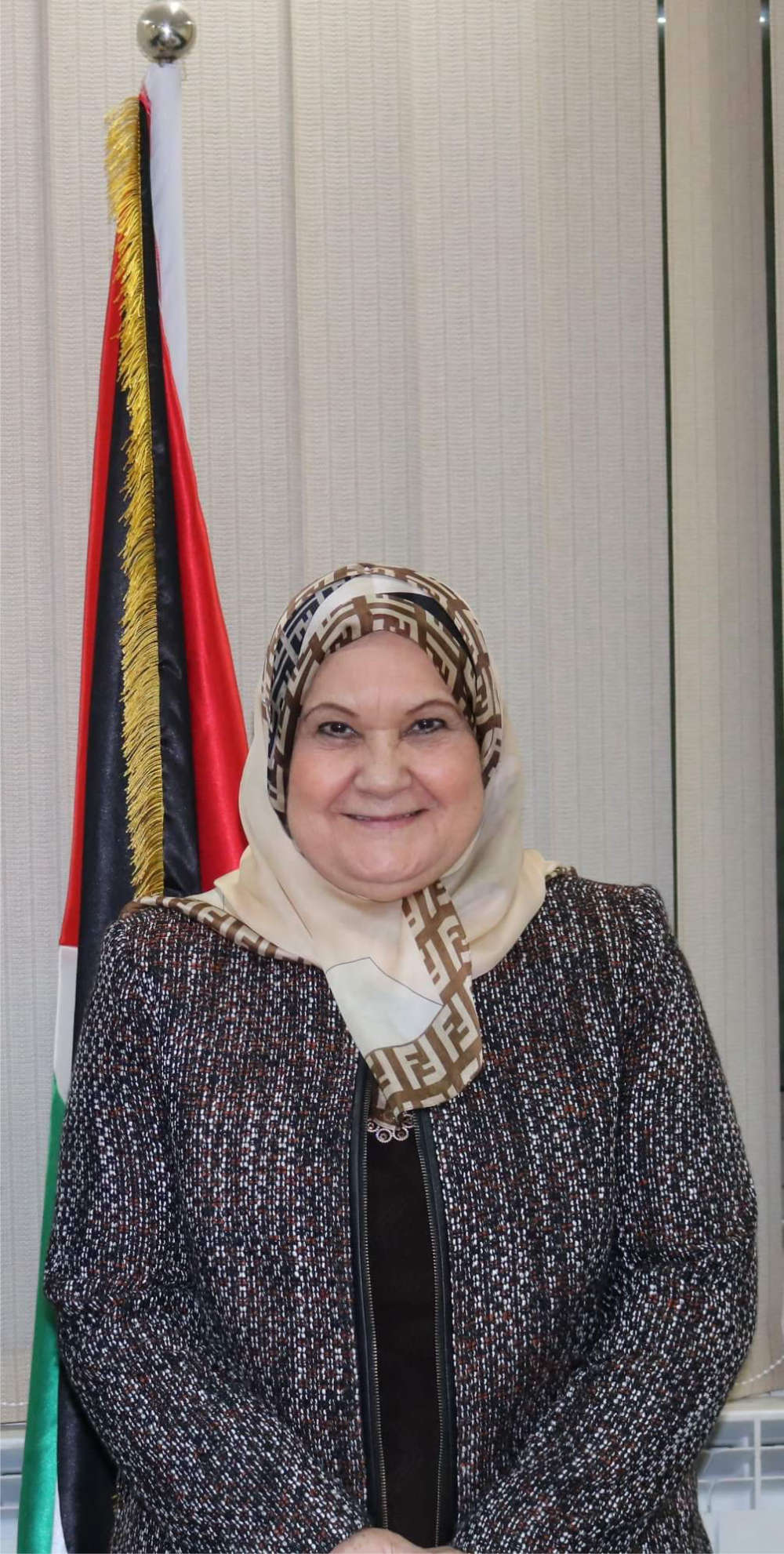Article translated from Arabic by Rania Filfil
Gender equality appears at the top of developmental plans and is incorporated in the policies of national, regional, and international women’s organizations as a reflection of their efforts to bridge the gender gap. This entails granting the freedom of choice in making decisions that affect the future and lives of girls and women, thereby enabling both genders to enjoy happiness, contribute to the comprehensive and sustainable development of their communities, and live in dignity and justice. Achieving genuine equality requires comprehensive professional engagement and consolidated institutional efforts that must be extended with full awareness of equality issues. The three key preconditions for the successful devising of policies responsive to the needs of both genders comprise of a strong women’s movement, a determined political will, and widespread and comprehensive community awareness.
The feminist movement plays a paramount role in the drafting and implementing of policies that account for the needs of both genders, as it aims to discover and engages to bridge gender gaps. The term feminist movement refers to all national governmental and non-governmental women’s organizations and their support mechanisms, including gender units and centers in non-women organizations and governorates. It furthermore includes intellectuals and media professionals who promote gender equality. This movement constitutes the cornerstone for all the policies that are required to fulfill the development needs of all community members. Strength of this movement stems from consensus on specific priority issues and from concerted lobbying efforts that aim to achieve these goals through joint action. When efforts are dispersed, fragmented, and individualized rather than collective, however, activities will be spread thin, and advocates lose the support of their target beneficiaries before they can achieve any goals. In Palestine, the women’s movement has achieved visible advancement with the formation of national committees, including the National Committee to Combat Violence Against Women (2008) and the National Committee for the Application of Resolution 1325 (2012). Successes also include the preparation of strategies for empowerment and equality, such as the National Strategy for Gender Equality and Women’s Empowerment 2017-2022, among others. However, we still need to unite efforts in order to implement policies ad promulgate laws that support and protect women’s rights. It is necessary to lobby in this direction with full coordination to ensure the influence of the women’s movement on the drafting and implementation of urgently necessary legislative and developmental policies.
Political will is the key engine in the drafting and implementing of actual policies that help solve problems and fulfill the needs of all citizens. It is the backbone for the development of all the policies that focus on serving citizens, influencing all the implementing agencies. Political will involves the commitment to consider gender needs besides age, area of residency, and economic conditions of targeted segments when policies are devised, thereby adapting policies to the real needs of men and women. However, an effective political will refers not only to the decisions that are taken by the ministerial council, but also to their implementation by concerned agencies. Implementation may not be delayed, and decision may not be marginalized, but must be treated as a priority. This applies also to the policies that aim at genderequality, as devised by the government upon recommendation of the ministry of women’s affairs. Between 2012 and 2014, gender units were established in all Palestinian governmental agencies, and communication centers were created in the various governorates; periodic strategies and gender-responsive budgets have been ratified since 2014. The establishment of the National Committee to Combat Violence Against Women in 2008 was another important first step.

But in order to effectively carry out the policies that aim to promote gender equality, decisions taken at the institutional level must be implemented in these institutions – and sets of measures must be put in place to guarantee such implementation. If decision makers fail to give guidance to the concerned technical institutions, these institution will not be able to implement and achieve the intended goals. Indeed, decisionmakers play a key role by showing a model of political commitment in their respective institutions, commitment that focuses on putting the policies into effect. Increased efforts are a must in this regard.

Increasing community awareness of women’s issues and rights will facilitate and speed up the implementation of policies as well. Raising awareness will mitigate resistance to any gender – and women responsive policies, and will raise individual and collective readiness to engage in efforts to achieve gender equality and equality. The women’s movement has deployed tangible efforts to raise public awareness of women’s issues through media campaigns, training sessions, and the publication of educational material and studies. For instance, under the leadership of the minister of women’s affairs, an awareness campaign was launched on violence against women; International Women’s Day is celebrated yearly on March 8; and more targeted campaigns, including house-to-house campaigns to combat violence, have been implemented in a number of governorates. Further recent efforts include a media network that was established by the ministry of women’s affairs and several media and radio outlets. Because the ministry realizes that community- and cultural change require time and effort, we believe that we must coordinate all institutional efforts to launch campaigns that are capable of influencing the public awareness. This requires particularly the development of school curricula that help shape expectations for the future among children. A general awareness of the importance of equality plays a major role in efforts to change the prevalent cultural stereotypes of women.


